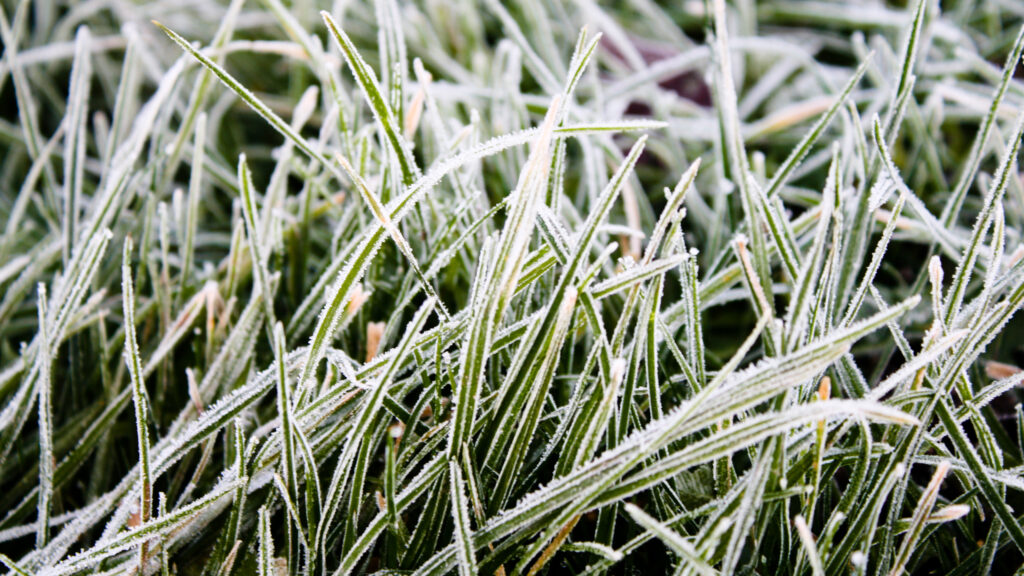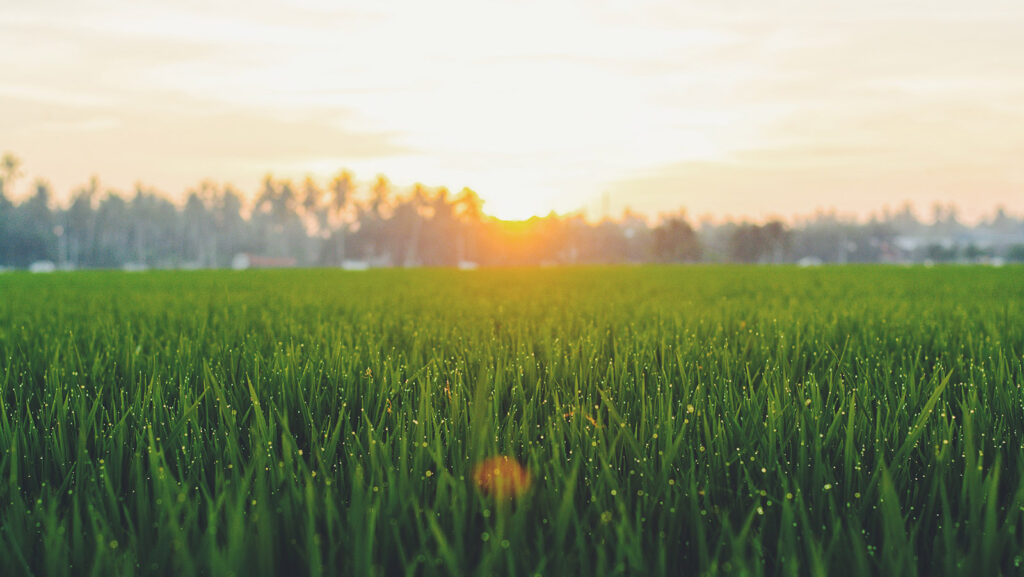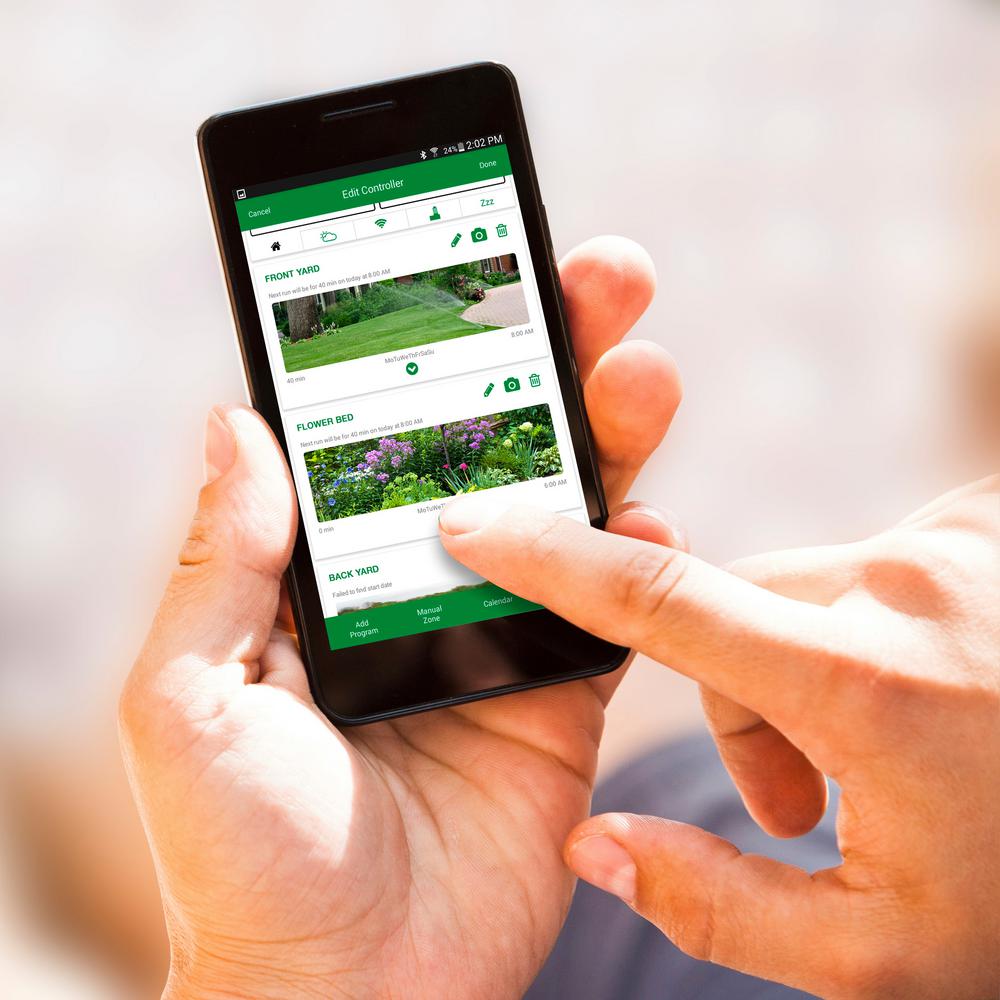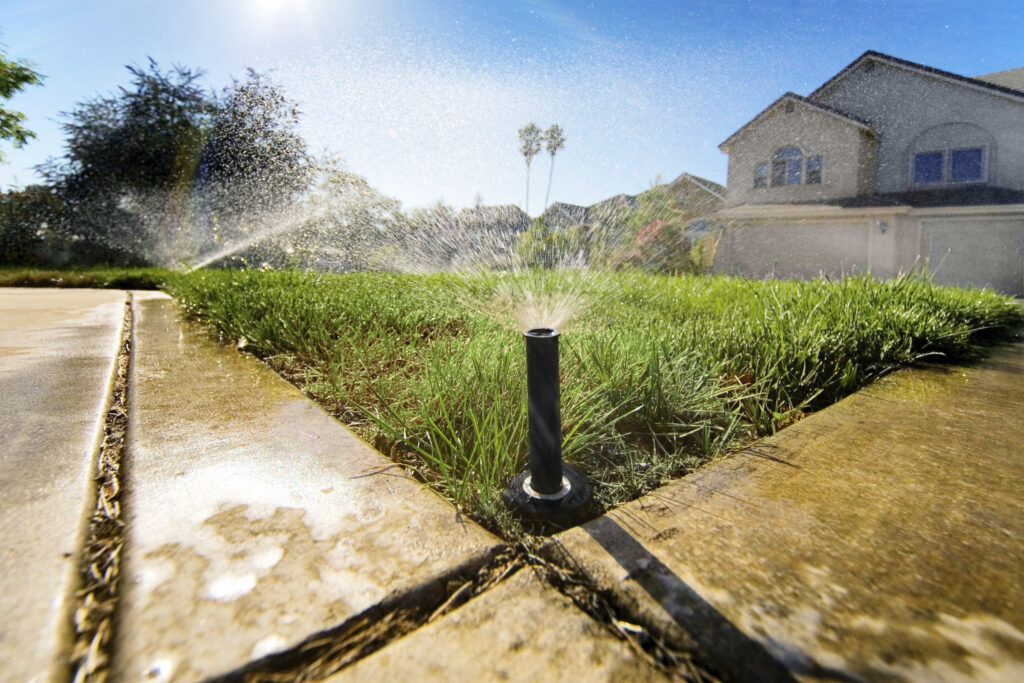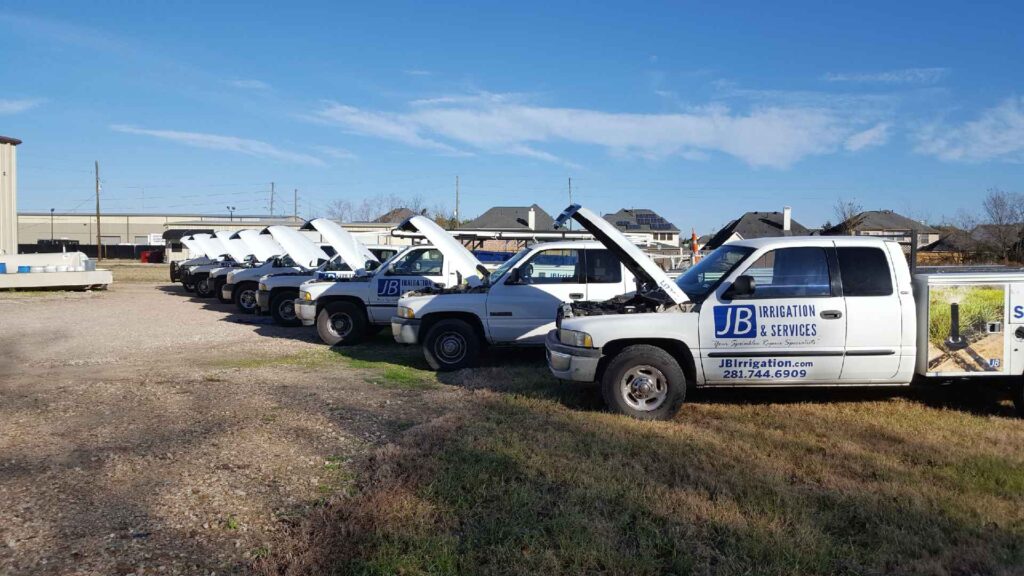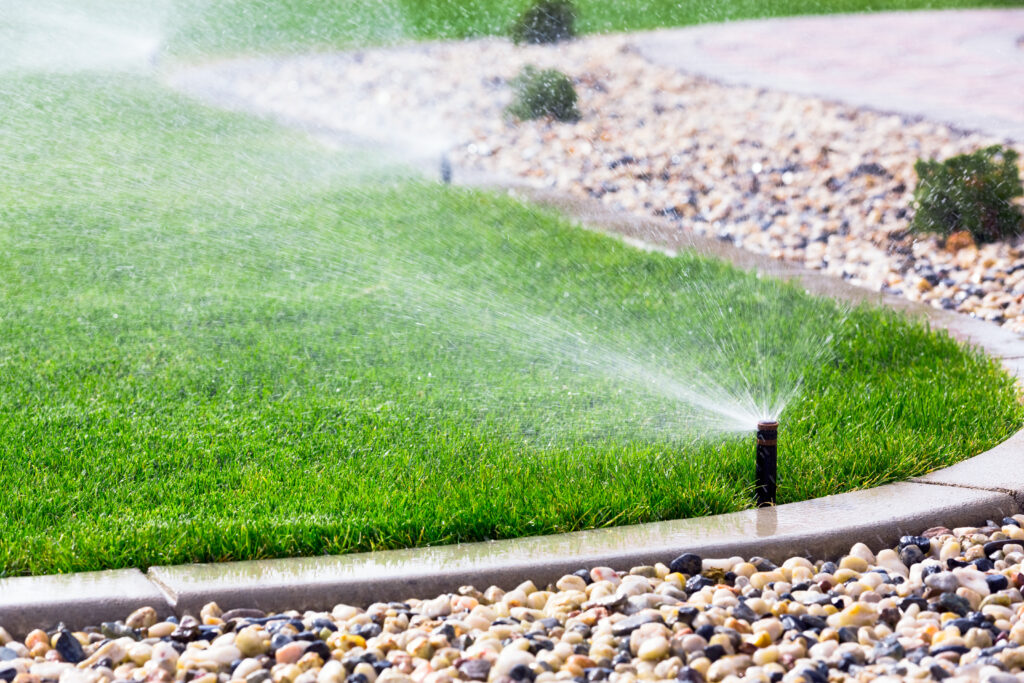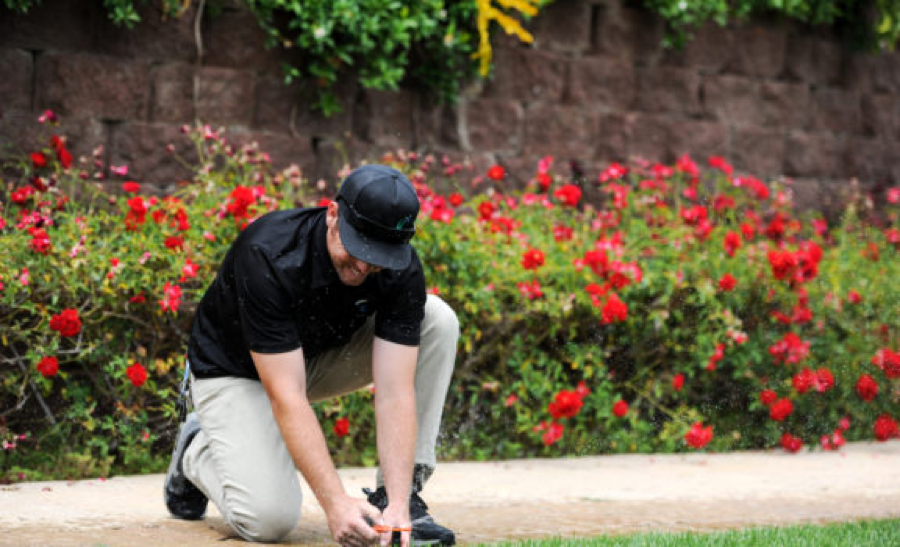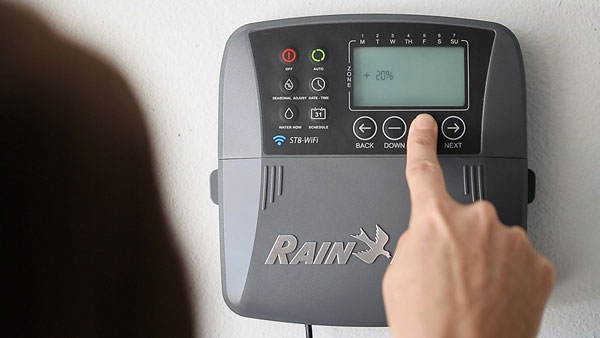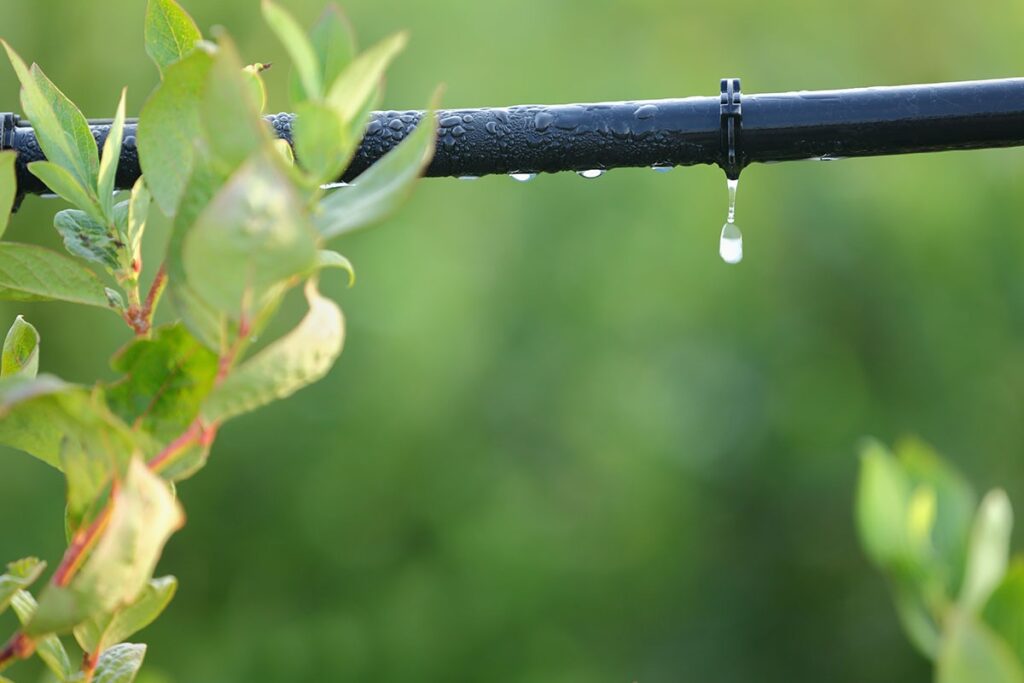Sprinkler Maintenance
Sprinkler Freeze Alert For The Houston Area
The temperature is expected to plunge in the Houston area for most of this week. Starting on Monday we’ll see a low of of at least 17 degrees, and some reports state that it could get into single digits and we will have snow fall. During hard freezes like this it is critical to properly…
Read MoreHigh Temperatures Expect Throughout The Week – It’s Time To Service Your Sprinkler System
The Houston area is expecting temperatures to rise to the mid-nineties throughout the week. Hight heat can damage your lawn without proper irrigation. Did you know that improperly adjusted sprinkler systems, leaky pipes and broken sprinkler heads can waste thousands of gallons of water. Have your system serviced by JB Irrigation’s technicians now before the…
Read MoreControl Your Lawn Watering From the Palm of Your Hand With Our New Wi-Fi Controllers
Upgrade to an App Based Smart Irrigation Controller With the rise of the smart home, more and more homeowners are interested in being able to see and control their irrigation right from their phone. Some common benefits include: Run system manually from any location without accessing the control panel Water savings Automatically watering plant the…
Read MoreHow do I start up my sprinkler system this season?
Spring start up can be easily done by following these steps. 1. Turn on the water supply. 2. Activate each station on the system with the controller 3. Walk through each station to verify the proper operation 4. Program the controller for automatic operation 5. Verify weather sensor is operational The first step is to…
Read MoreGetting Our Fleet Ready For Your Sprinkler System Service Calls – Oil Change And Fleet Maintenance Days At JB Irrigation
The weather has been rainy, cold and damp. You’re probably not thinking of Irrigation. We are! We are getting ready for you! Check out behind the scenes here at the JB Irrigation yard where we are getting our trucks ready so we can service your sprinkler system this season!
Read MoreMaintain & Upgrade Your System
Irrigation systems need regular maintenance to keep them working efficiently year after year. Damage from lawn equipment or improper winterization can cause leaks and other serious problems. Inspect your system monthly. Check for leaks, broken or clogged sprinkler heads, and other problems. Clean clogged screens and micro-irrigation filters as needed. Adjust sprinkler heads. Remove or…
Read MoreAre You Ready For A Summer Pre-Season Irrigation Check?
Numerous home owners and entrepreneurs know that spring is prime time for a cooling check—nobody needs to have the A/C breakdown when summer temps hit triple digits. But most individuals may not understand that it’s additionally an ideal time to complete an irrigation check. Irrigation systems across the nation are relied on during the hot…
Read MoreWater Conservation Ideas and Tips for Your Sprinkler System #2
Adjust your irrigation controller (timer) run time for seasonal changes in weather once a month. Simply making a monthly change to the irrigation operation times can save more water and money than any other thing you can do. It costs nothing but a few minutes of your time each month. Most controllers even have a…
Read MoreWater Conservation Tips and Ideas For Your Sprinkler System #1
Run your irrigation system during the morning hours, especially if you use sprinklers. Less water is lost to evaporation when the temperature is cooler, plus in most areas the wind doesn’t blow as hard in the mornings. Watering in the evenings can lead to turf and plant disease problems because the water sits on the…
Read MoreThere Are Many Ways To Save Water
The United States Environmental Protection Agency’s (EPA) annual Fix a Leak Week might be coming to an end, but you don’t have to wait until next year to continue saving water! There are more ways to prevent water waste than only protecting your pipes from bursting, breaking or busting. Try these tips from JB Irrigation…
Read More